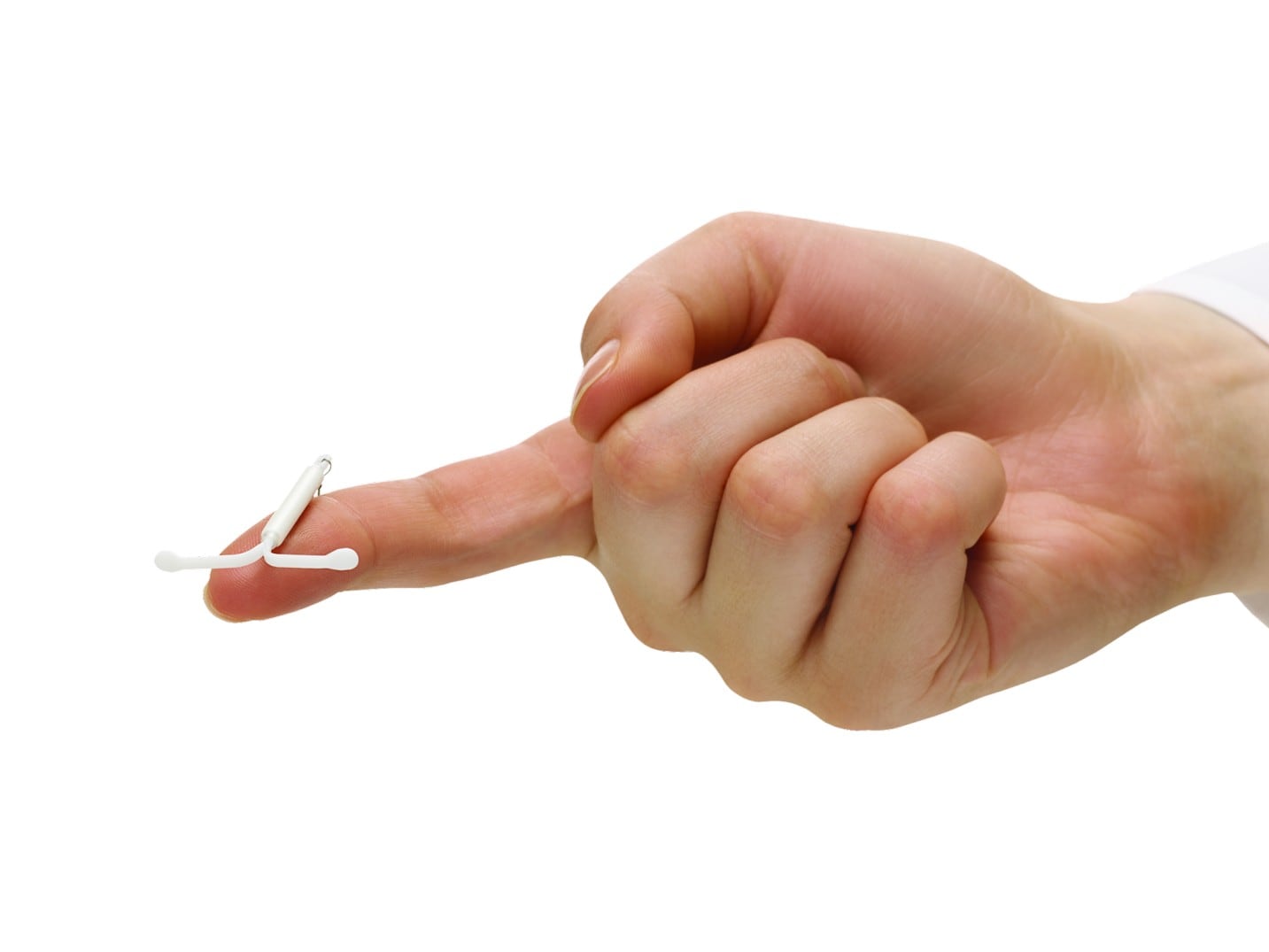With the support of your healthcare professional you have chosen Mirena, a small intrauterine system (IUS) that sits in your womb and may have been prescribed to you for one or more of the following:
With the support of your healthcare professional you have chosen Mirena, a small intrauterine system (IUS) that sits in your womb and may have been prescribed to you for one or more of the following:
To prevent pregnancy for up to 8 years.
Treat Heavy menstrual bleeding (HMB) for up to 5 years.
To be used as part of hormone replacement therapy (HRT) for up to 4 years.
If symptoms do not return after 5 years of use, Mirena can be considered for continued use for up to 8 years for HMB.
This website is here to support you on your journey from being prescribed Mirena, through fitting and on to removal/re-fit. It arms you with knowledge about the product and answers many of the frequently asked questions.
PP-MIR-GB-0290 | December 2025
INDICATION FOR MIRENA
Mirena® (levonorgestrel-releasing intrauterine system) is a hormone-releasing IUS that helps prevent pregnancy for up to 8 years. Mirena also treats heavy periods for up to 5 years in women. If symptoms do not return after five years of use, Mirena can be considered for continued use for up to eight years. Mirena provides endometrial protection for up to 4 years.
IMPORTANT SAFETY INFORMATION
- If you have a pelvic or genital infection, get infections easily, or have certain cancers, don't use Mirena. Less than 1% of users get a serious pelvic infection called pelvic inflammatory disease (PID).
- If you have persistent pelvic or stomach pain, or excessive bleeding after placement, tell your healthcare provider (HCP). If Mirena comes out, call your HCP and avoid intercourse or use non-hormonal back-up birth control (such as condoms or spermicide). Mirena may go into or through the wall of the uterus and cause other problems.
- Pregnancy while using Mirena is uncommon but can be life threatening and may result in loss of pregnancy or fertility.
- Ovarian cysts may occur but usually disappear.
- Bleeding and spotting may increase in the first 3 to 6 months and remain irregular. Periods over time usually become shorter, lighter, or may stop.
Mirena does not protect against HIV or STIs.
Only you and your HCP can decide if Mirena is right for you. Mirena is available by prescription only.
For important risk and usage information about Mirena, please see Full Patient Information Leaflet
Reporting adverse events and quality complaints
If you get any side effects talk to your doctor, pharmacist, nurse or other healthcare professional. This includes any possible side effects not listed in this leaflet. You can also report side effects directly via the Yellow Card Scheme at: https://yellowcard.mhra.gov.uk or search for MHRA Yellow Card in the Google Play or Apple App Store. By reporting side effects you can help provide more information on the safety of this medicine. Please report information of when Mirena was inserted and removed, as applicable.










